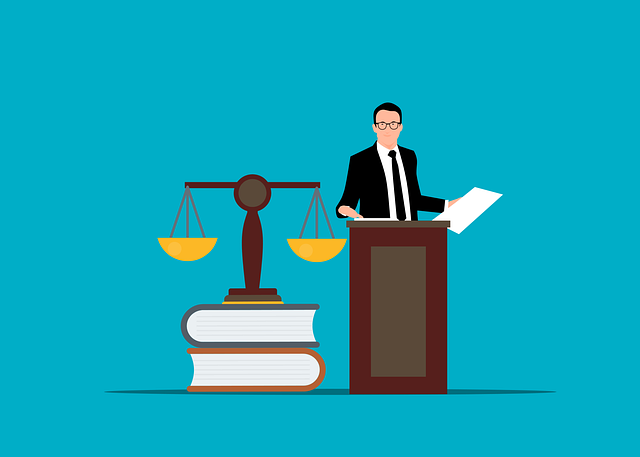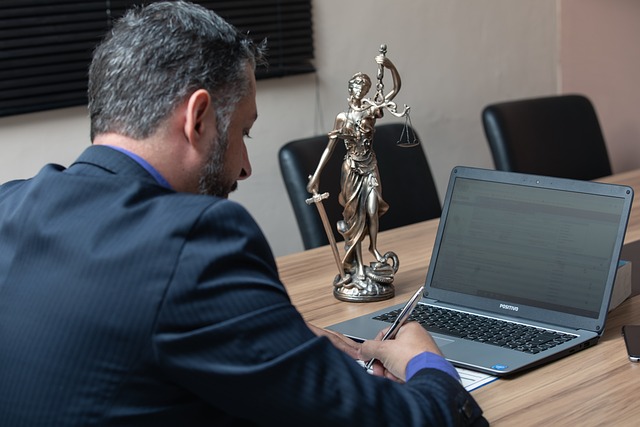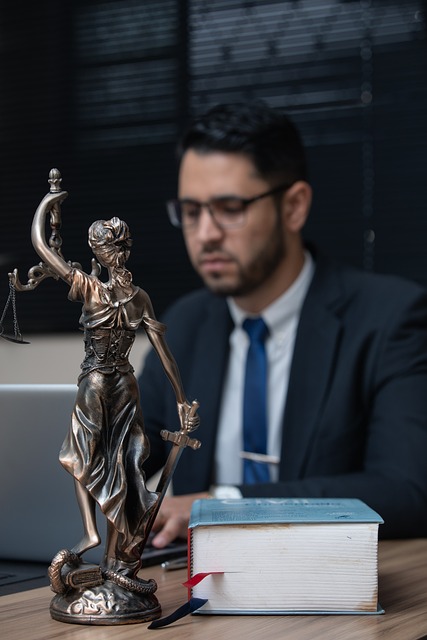Fair trial rights protection guarantees individuals accused of crimes access to fundamental safeguards like being informed of charges, confronting witnesses, and having legal representation. Impartial juror selection and judge training ensure unbiased trials while effective legal counsel challenges evidence and presents defenses. These measures uphold the presumption of innocence and robustly defend against charges under national constitutions and international human rights laws.
In ensuring justice, a fair trial is paramount. This article explores the critical aspects of safeguarding fair trial rights protection in criminal defense cases. We delve into strategies for maintaining impartiality, guaranteeing the accused’s right to effective representation, and upholding fundamental legal principles. Understanding these protections is essential for both legal professionals and advocates, as they form the bedrock of a just and equitable criminal justice system.
- Understanding Fair Trial Rights Protection
- Ensuring Impartiality in Criminal Defense
- Safeguarding Accused's Right to Effective Representation
Understanding Fair Trial Rights Protection

Understanding Fair Trial Rights Protection is paramount in ensuring justice for all. Every individual accused of a crime is entitled to certain fundamental protections, enshrined in both national constitutions and international human rights laws, which guarantee a fair trial. These include the right to be informed of the nature and cause of the accusation, the right to confront witnesses against them, and the right to legal representation.
Fair trial rights protection also encompasses the right to a neutral and impartial judge, the privilege against self-incrimination, and the assurance that all evidence presented is admissible and obtained lawfully. Awareness of these rights empowers defendants to actively participate in their defense, challenge any unfair procedures, and ensure that their case is adjudicated justly and impartially.
Ensuring Impartiality in Criminal Defense

Ensuring impartiality is a cornerstone of fair trial rights protection in criminal defense cases. Jurors and judges must remain unbiased, free from any influences that could cloud their judgment. This includes personal biases, preconceived notions, or external pressures. The court system must actively work to prevent any form of prejudice, as it can significantly impact the outcome of a case.
To maintain impartiality, rigorous selection processes are implemented for jurors, aiming to identify and dismiss any individuals with potential biases. Additionally, judges undergo extensive training to recognize and mitigate their own unconscious biases. These measures contribute to creating an environment where every defendant is afforded the opportunity to receive a just and unbiased trial, upholding the fundamental principles of fair trial rights protection.
Safeguarding Accused's Right to Effective Representation

Ensuring that accused individuals receive a fair trial is paramount in any criminal defense case. A crucial aspect of this is safeguarding their right to effective representation. This means providing legal counsel who is competent, unbiased, and free from conflicts of interest. Accused persons are entitled to have an attorney advocate for them, challenging the prosecution’s case and ensuring their defenses are presented fairly.
Effective representation involves thorough investigation, development of strategic defense theories, and zealous advocacy in court. It includes access to relevant evidence, expert witnesses, and legal resources. The goal is to ensure that the accused can exercise their right to a fair trial, where they are presumed innocent and have the opportunity to mount a robust defense against the charges levied against them.






